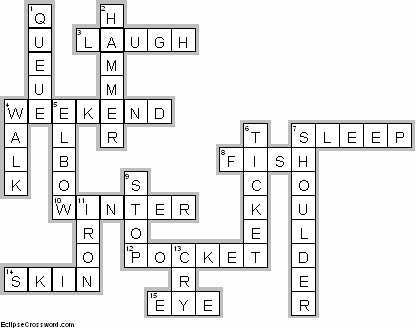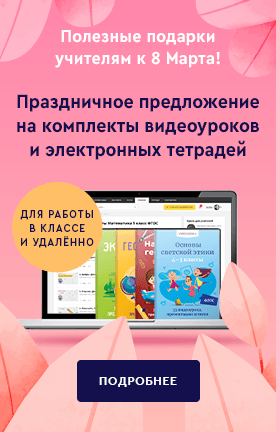Урок разработан для 9 класса общеобразовательной средней школы, к учебнику “Matrix”, автор: Kathy Gude. Урок с изучением грамматического материала по теме “Косвенная речь”
Создайте Ваш сайт учителя Видеоуроки Олимпиады Вебинары для учителей
План-конспект урока английского языка на тему " Косвенная речь"
Вы уже знаете о суперспособностях современного учителя?
Тратить минимум сил на подготовку и проведение уроков.
Быстро и объективно проверять знания учащихся.
Сделать изучение нового материала максимально понятным.
Избавить себя от подбора заданий и их проверки после уроков.
Наладить дисциплину на своих уроках.
Получить возможность работать творчески.
Просмотр содержимого документа
«План-конспект урока английского языка на тему " Косвенная речь"»
Полезное для учителя
Распродажа видеоуроков!
1600 руб.
2660 руб.
1850 руб.
3080 руб.
1600 руб.
2660 руб.
1850 руб.
3080 руб.
ПОЛУЧИТЕ СВИДЕТЕЛЬСТВО МГНОВЕННО
* Свидетельство о публикации выдается БЕСПЛАТНО, СРАЗУ же после добавления Вами Вашей работы на сайт
Удобный поиск материалов для учителей
Проверка свидетельства

















